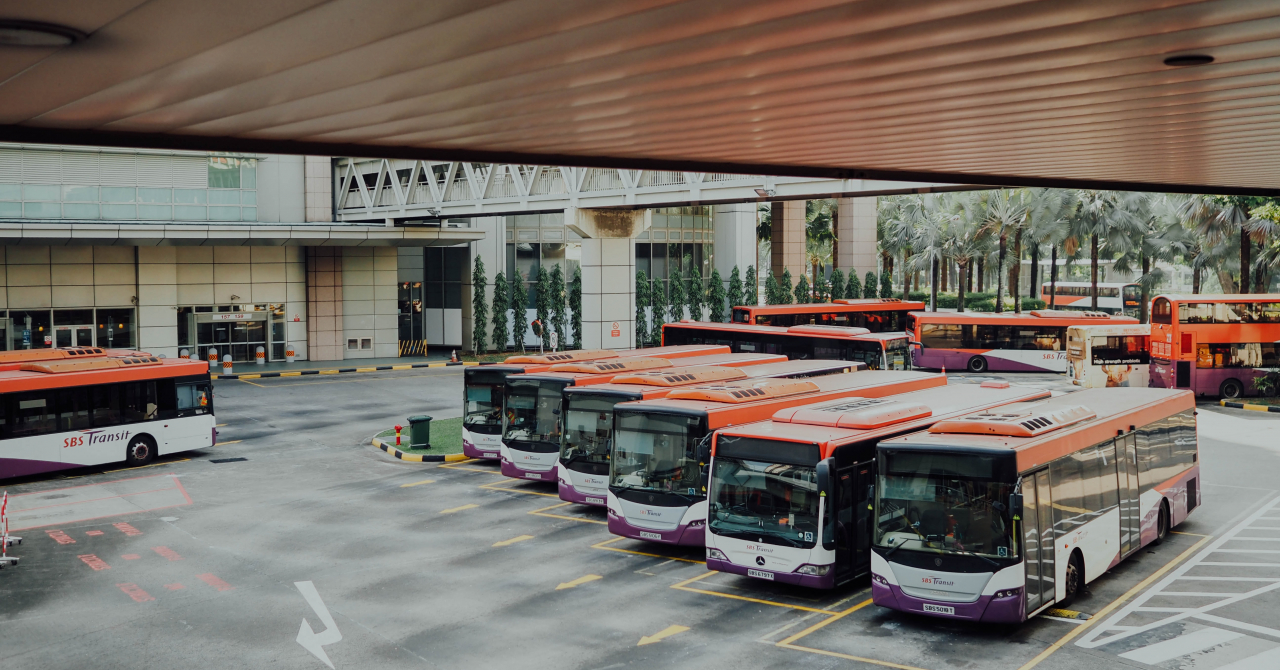According to Electrive, Daimler Buses wants to launch the first all-electric intercity bus, starting 2025, and coaches powered by fuel cells from the end of the decade.
This strategy was announced at the manufacturer's event called "Daimler Buses eMobility Days", and it implies the use of batteries as well as hydrogen to accomplish these goals, similarly with the strategy implemented on Daimler Trucks.
Till Oberwörder, Head of Daimler Buses, said that "our ambition is clear: we want to make a contribution to combating climate change and be a driver of the transport turnaround needed to achieve this. To this end, we are pursuing a clear electrification strategy and are putting buses with alternative drive technologies on the road in series production.”
The head of Daimler Buses announced that the company will only offer CO2 neutral vehicles for its European city bus line-up, starting 2030, giving up on investing in Euro 7 vehicles.
“We are focusing our investments on a purely electric city bus segment in Europe by the end of the decade", he added.
Volker Wissing, Federal Transport Minister, who was present at the event, said that "to achieve our climate goals, we need more zero-emission vehicles. We actively support public transport companies to decarbonize their fleets and provide them with the corresponding infrastructure. We have earmarked a total of 1.25 billion Euro for this purpose. Our goal: by 2030, every second city bus should be electrified."
In order to help its customers with regard to the energy transition, Daimler will also offer in the future to electrify the bus depots, which is needed in order to keep the buses running. So far, the company only offered advice in this area, so that customers had to install the charging stations themselves, and through its new commitment, the bus company aims to simplify the process for its potential customers.
"We take a holistic view of electrification and go far beyond the vehicle itself. We supply our customers with electric mobility on a ‘turnkey’ basis, which means they get from us all the modules they need for a functioning electric bus service", Oberwörder explains.
In order to improve the only battery powered bus in the line-up, the Mercedes-Benz eCitaro, Daimler wants to equip the bus with range extenders consisting of hydrogen fuel-cells.
While the option was announced at the vehicle's launch, back in 2018, and orders were already received for the range extender, Daimler was not able to deliver it yet.
Since Cellcentric's fuel cells are still in development and the company's factory isn't yet under construction, Daimler has to source its fuel cells from Toyota.
The Japanese company offers a flat fuel cell module that can easily be integrated into the bus roof and has an output of 60 kW.
Daimler Buses announced that from the end of this year it will offer a new set of batteries for eCitaro buses that is supposed to offer a higher capacity, 50% larger than the ones offered so far by the company.
The German manufacturer promises that with the new batteries, the range of the buses will increase to 280 km, while with the range extender they should be able to reach 400 km of range.
At the "eMobility Days", Daimler announced that 600 eCitaro buses roams the streets of European cities so far.
 Mihai - Cristian Ioniță
Mihai - Cristian Ioniță












Any thoughts?